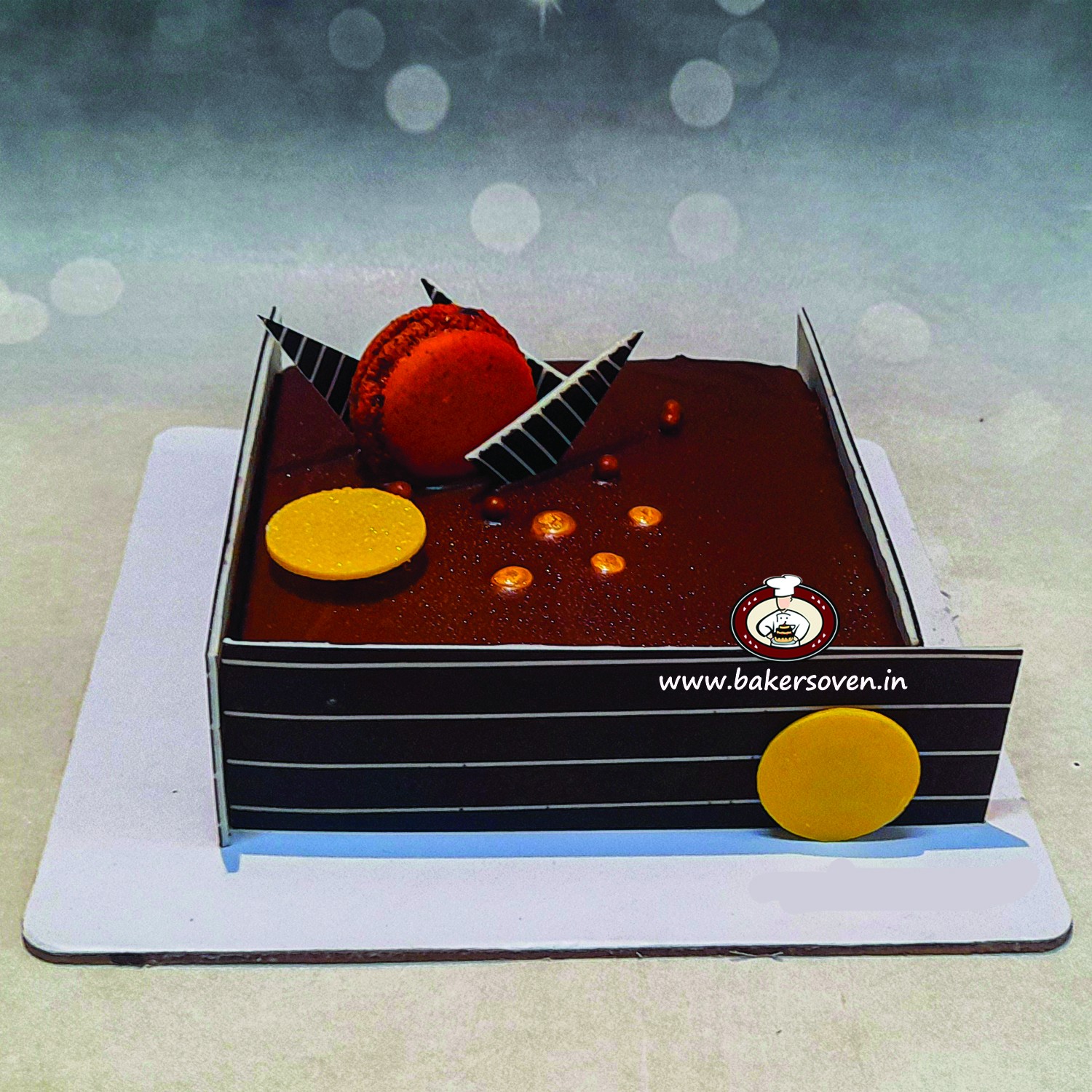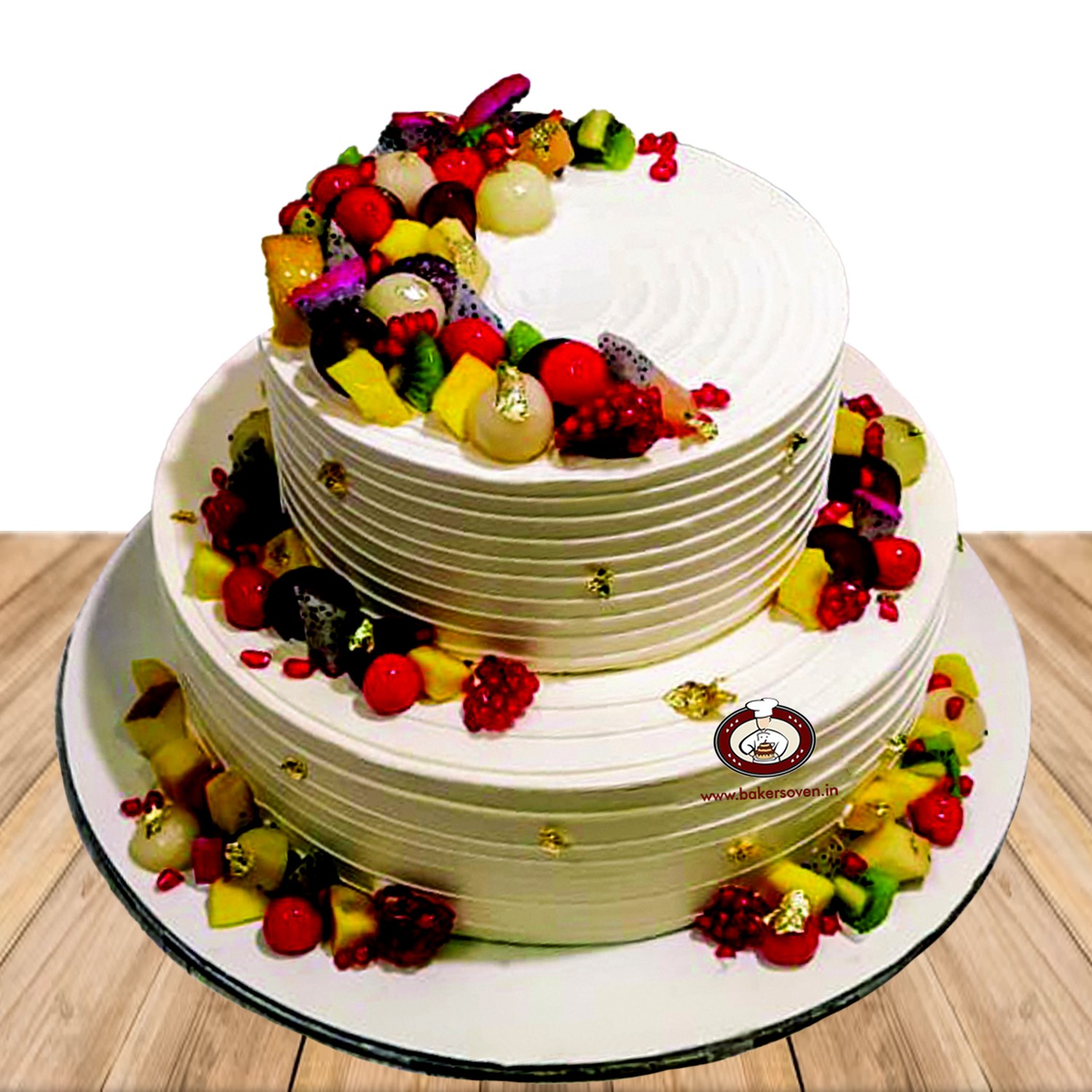Vegan vs Eggless Cakes: What's The Difference?

Definition and Core Differences
In the world of baking, the terms "vegan" and "eggless" are often used interchangeably, but they represent distinct approaches to cake-making. Understanding the core differences between these two categories is the first step in navigating the conscience-driven dessert landscape.
- Eggless Cakes: These cakes eliminate eggs from the recipe but may still incorporate dairy or other animal-derived ingredients. The goal is to accommodate dietary restrictions, personal preferences, or cultural practices without compromising the celebratory essence of cakes.
- Vegan Cakes: Going a step further, vegan cakes exclude all animal-based products, including eggs, dairy, and any other animal-derived components. These cakes are entirely plant-based, making them suitable for those following a strict vegan lifestyle.
Ingredients and Substitutes
- Eggless Cakes: To replace the functional properties of eggs, eggless cake recipes rely on alternative binding agents such as yogurt, buttermilk, apple cider vinegar combined with baking soda, or even silken tofu. These substitutes help maintain the desired texture and rise in the final product.
- Vegan Cakes: Bakers crafting vegan cakes must eliminate not only eggs but also any dairy products, such as milk, butter, or cream. Instead, they turn to a vast array of plant-based alternatives, including almond milk, coconut oil, and various nut or seed-based creams, to achieve the desired richness and moistness.
Why Choose Vegan?
The growing popularity of vegan cakes is often rooted in ethical and environmental concerns. Vegans, in their commitment to avoiding the exploitation of animals, seek to eliminate the use of any animal-derived ingredients in their food.
Additionally, some individuals choose vegan cakes for perceived health benefits, as they associate a plant-based diet with improved well-being.
Vegan cakes also cater to a broader audience, including those with dairy allergies or intolerances, as well as vegetarians who wish to avoid all animal products.
By providing a completely plant-based option, vegan cakes promote inclusivity and accommodate diverse dietary needs.
Why Choose Eggless?
Eggless cakes, on the other hand, appeal to a range of consumers with specific dietary restrictions or cultural preferences. For those with egg allergies, cholesterol concerns, or other health-related issues, eggless cakes offer a safe and satisfying dessert alternative.
Vegetarians and individuals who follow certain religious practices may also opt for eggless cakes, as eggs are sometimes avoided in these dietary and cultural contexts.
Moreover, in many traditions and celebrations, eggless desserts are the preferred choice, allowing individuals to indulge in the joyful essence of cake-cutting ceremonies without compromising their beliefs or customs.
Taste and Texture
Despite the exclusion of animal-derived ingredients, both eggless and vegan cakes can still deliver on taste and texture, albeit with some nuanced differences.
- Eggless Cakes: Generally, eggless cakes closely resemble their traditional counterparts, as the absence of eggs is often seamlessly compensated for by the alternative binding agents used.
- Vegan Cakes: Vegan cakes may exhibit a slightly different texture and flavour profile due to the lack of dairy and eggs. However, with the growing expertise and innovation in the realm of plant-based baking, skilled vegan bakers have managed to create cakes that rival their non-vegan counterparts in both taste and visual appeal.
Availability and Trends
- Eggless Cakes: Eggless cakes have long been a staple in regions with vegetarian or egg-avoidant populations, readily available in bakeries and restaurants. The accessibility of eggless cake options has been a consistent trend, catering to the dietary needs and cultural preferences of these communities.
- Vegan Cakes: The rise of the vegan movement, driven by increased awareness of plant-based diets and environmental concerns, has fueled a surge in the demand for vegan cakes. As more individuals embrace the ethical and sustainable principles of veganism, the availability of vegan cake options has grown significantly, with specialty bakeries and mainstream retailers alike offering these conscience-driven desserts.
Nutritional Profiles
Here’s how both eggless and vegan cakes differ in terms of nutrition:
Eggless Cakes:
- May have similar caloric content to traditional cakes, as they may still contain dairy products
- May have a comparable fat content to non-eggless cakes, depending on the use of dairy ingredients
- Cholesterol content may be lower compared to traditional cakes due to the absence of eggs
- Protein content is generally lower than cakes containing eggs
Vegan Cakes:
- Tend to be lower in overall calories compared to traditional and eggless cakes
- Generally have a lower saturated fat content, as they rely on plant-based fats and oils
- Cholesterol-free, as they exclude all animal-derived ingredients
- Protein content is lower than cakes containing eggs and dairy
Key Takeaways:
- Eggless cakes may be similar to traditional cakes in terms of calories and fat, but lower in protein and cholesterol.
- Vegan cakes are typically lower in calories, saturated fat, and cholesterol, but also lower in protein compared to non-vegan options.
- The nutritional profiles of both eggless and vegan cakes can vary depending on the specific recipe and ingredients used.
Vegan vs. Eggless Cake: Conclusion
The choice between vegan and eggless cakes ultimately comes down to personal preferences, dietary restrictions, and ethical values.
With the wealth of substitutes and innovative recipes available today, there's no shortage of delicious and visually stunning eggless and vegan cakes to suit any occasion.
Whether you want to accommodate dietary restrictions, align with your ethical beliefs, or simply explore new and exciting dessert options, both eggless and vegan cakes offer a delectable and conscience-driven way to celebrate life's sweetest moments.
FAQs
1. Is vegan cake better than regular cake?
There is no definitive answer to whether vegan cake is "better" than regular cake. It ultimately comes down to personal preferences, dietary needs, and values.
Vegan cakes may be perceived as healthier due to the absence of animal-derived ingredients, but they can vary in taste and texture compared to traditional cakes.
Both eggless and vegan cakes can be equally delicious when made with high-quality ingredients and skilled baking techniques.
2. Do vegan cakes have more sugar?
Not necessarily. Vegan cakes do not inherently contain more sugar than regular cakes. The sugar content can vary depending on the recipe and the specific ingredients used.
Some vegan cake recipes may actually have less added sugar than their non-vegan counterparts, as bakers may rely on natural sweeteners or adjust the sugar content to accommodate the absence of dairy and eggs.
3. What is vegan cake made of?
Vegan cakes are made entirely with plant-based ingredients, excluding any animal-derived products.
Common vegan cake ingredients include flour (wheat, almond, coconut, etc.), plant-based milk (almond, soy, coconut, oat, etc.), vegetable oils or vegan butter, sweeteners (cane sugar, maple syrup, agave, etc.), egg replacers (flax, chia, applesauce, commercial egg replacers), baking powder and/or baking soda, and various flavouring agents.
4. Do vegan cakes last longer?
Vegan cakes may have a slightly longer shelf life compared to traditional cakes due to the absence of perishable ingredients like eggs and dairy.
However, the shelf life ultimately depends on the specific recipe, ingredients used, and storage conditions. Proper storage, such as refrigeration or airtight containers, can help extend the freshness of both vegan and non-vegan cakes.
















